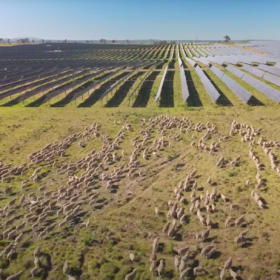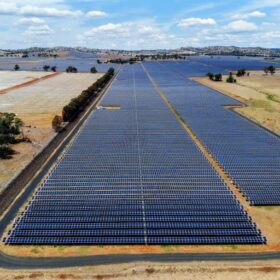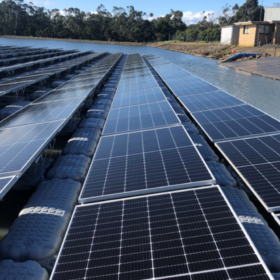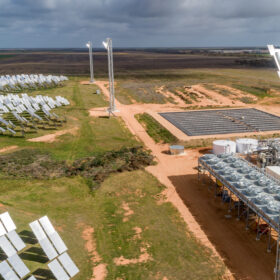Standards Australia, the Clean Energy Council (CEC) and the battery industry have been pushing for the adoption of AS/NZS 5139 since the draft was first released. The current standard for the installation of batteries is virtually obsolete in its failure to mention emerging technologies such as lithium-ion batteries, not to mention its shortfall on necessary safety measures.
Some committee members however, the Smart Energy Council (SEC) in particular, do not believe the AS/NZS 5139 draft makes up for this shortfall sufficiently. In a statement released today from SEC Chief Executive John Grimes, the solar and storage body made it clear that the draft standards at the ballot do not provide enough fire control measures for pre-assembled battery storage systems. “The requirements are out of step with the risk posed and will add significant expense without significant benefit. Australia will again be an international outlier,” said Grimes.
Because an agreeable risk management approach has not been reached, the SEC is urging its fellow committee members to declare a ‘no’ vote on the draft. “We urge the parties to do this quickly,” said Grimes, “so we can fast track an appropriate standard that all stakeholders can endorse.”
Despite such opposition, Standards Australia and the CEC believe the current draft is substantial and will carry enough support to merit adoption. Adam Stingemore, General Manager for Strategy and Engagement at Standards Australia spoke to the strong support from “key industry and government representatives,” which suggest “this standard should be heading towards publication in coming weeks.”
“This draft standard has been updated in an effort to make it easier for the installer to know what requirements are necessary for the type of system they are installing,” said Sandy Atkins, from Standards Australia’s EL-042 Technical Committee responsible for the standard.
The ballot stage of Standards development progresses over several weeks.
This content is protected by copyright and may not be reused. If you want to cooperate with us and would like to reuse some of our content, please contact: editors@pv-magazine.com.








Indeed, very careful specifications are needed to keep carnage at a minimum. On April, 19, 2019 in Surprise AZ, there was a fire and explosion on an energy storage unit at the McMicklen switching station. Four firemen were sent to the hospital, when they tried to enter the building and the door blew off. This is still under investigation, but this is what is known. This energy storage system was designed and installed by Fluence Energy an AES offshoot, the lithium ion battery technology is ‘probably’ LMO and were made by Samsung. Perhaps another battery problem in the Samsung product line?
The storage container has air conditioning units for temperature control of the battery pack. There is telemetry on the container to monitor remotely, the status of the battery bank. The container has a BMS and it also has a fire suppression system. So, how did the air conditioning, BMS, telemetry and fire suppression system fail to perform? The temperature conditions are very similar in Arizona and Australia during the summer. The industry as a whole needs to know what happened here and what can be done to keep it from happening again.